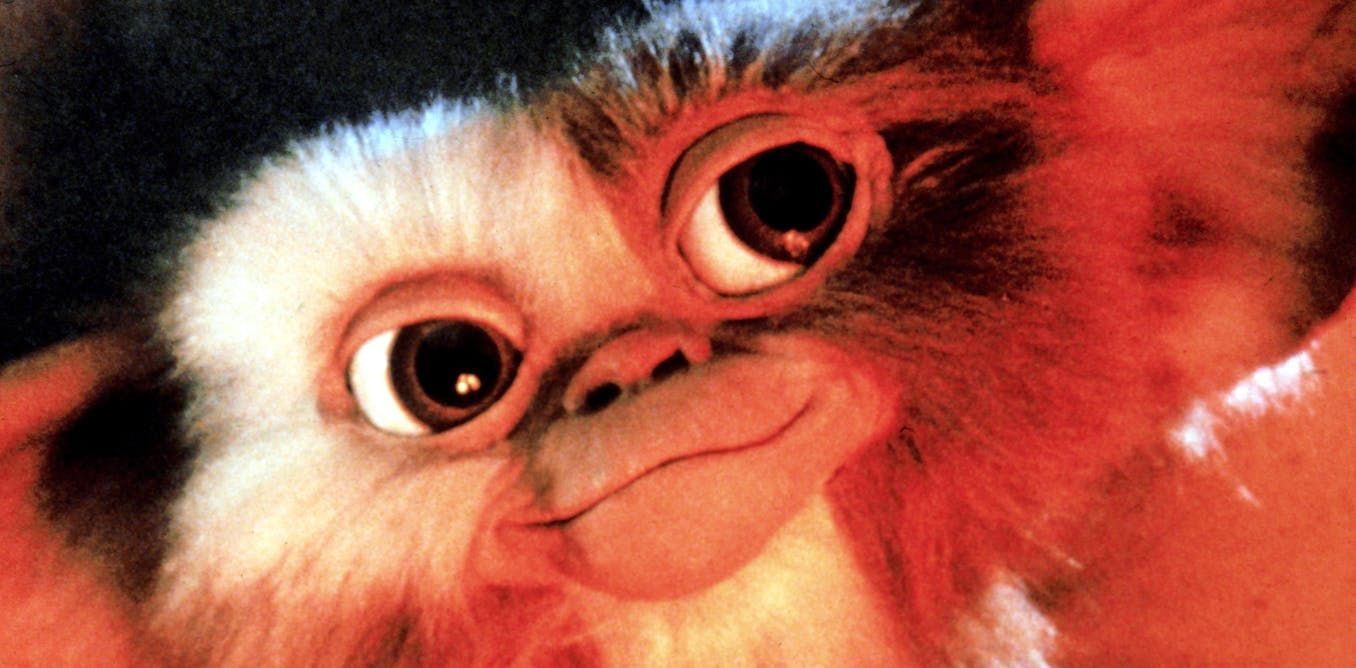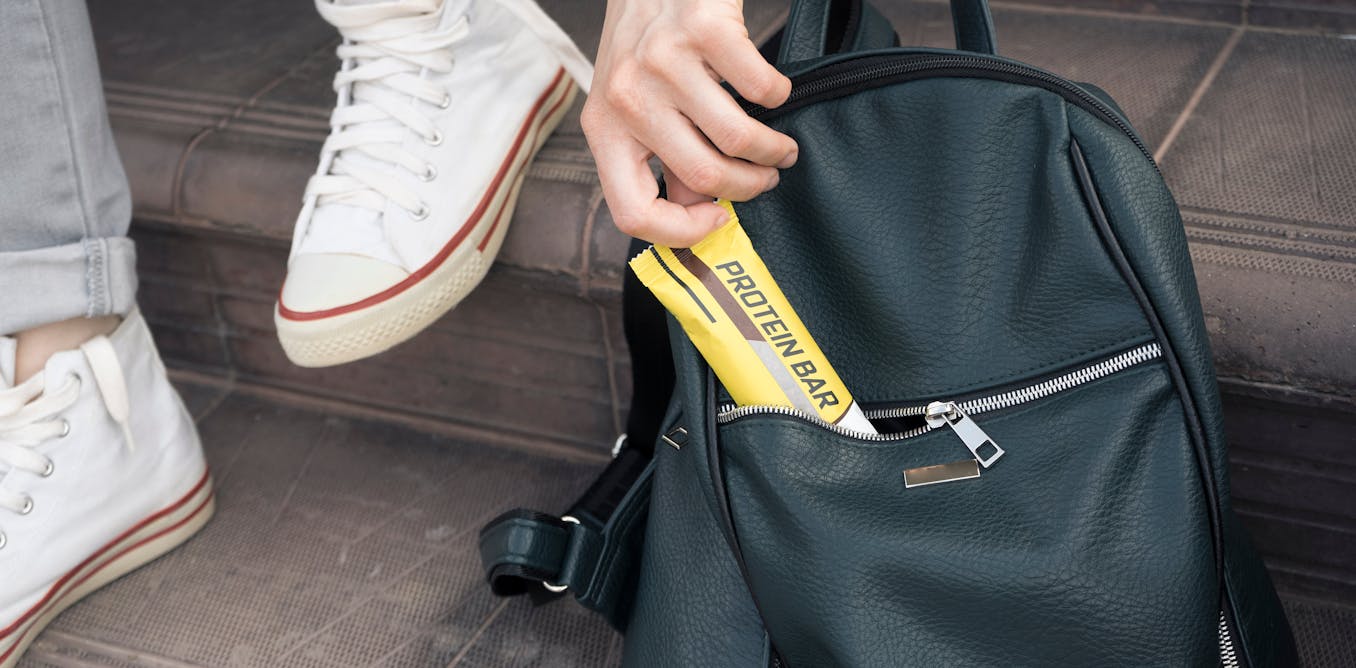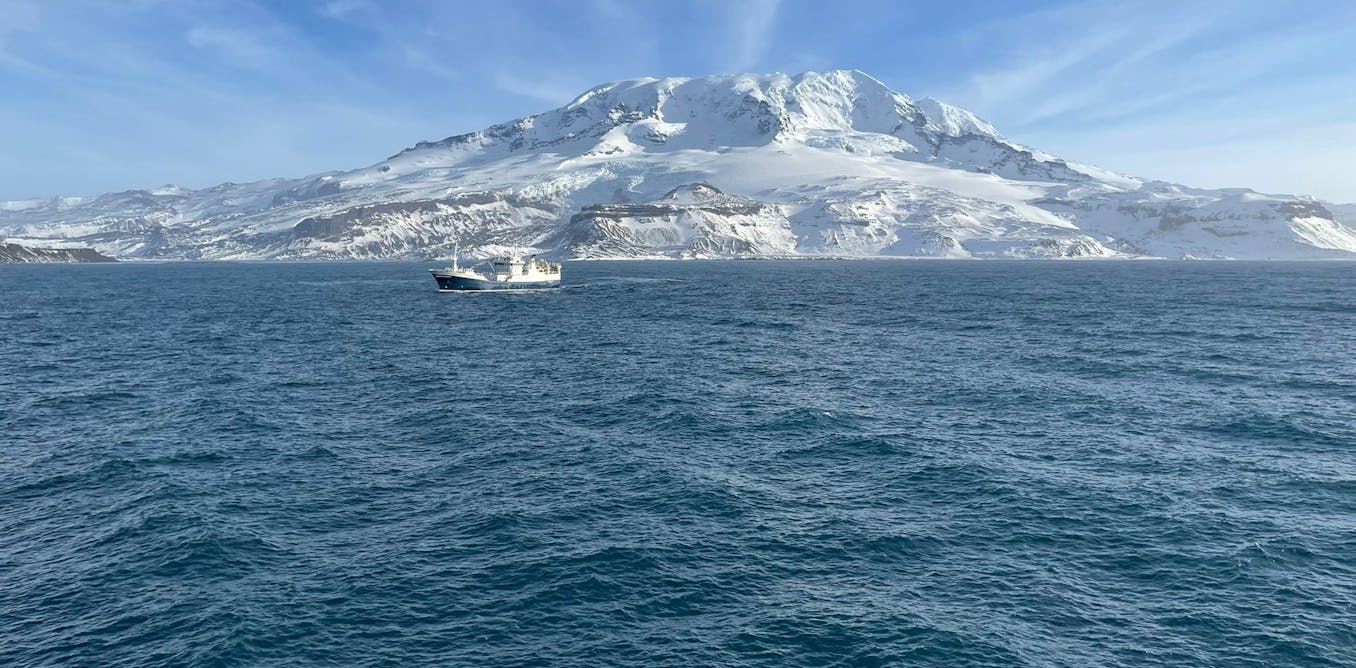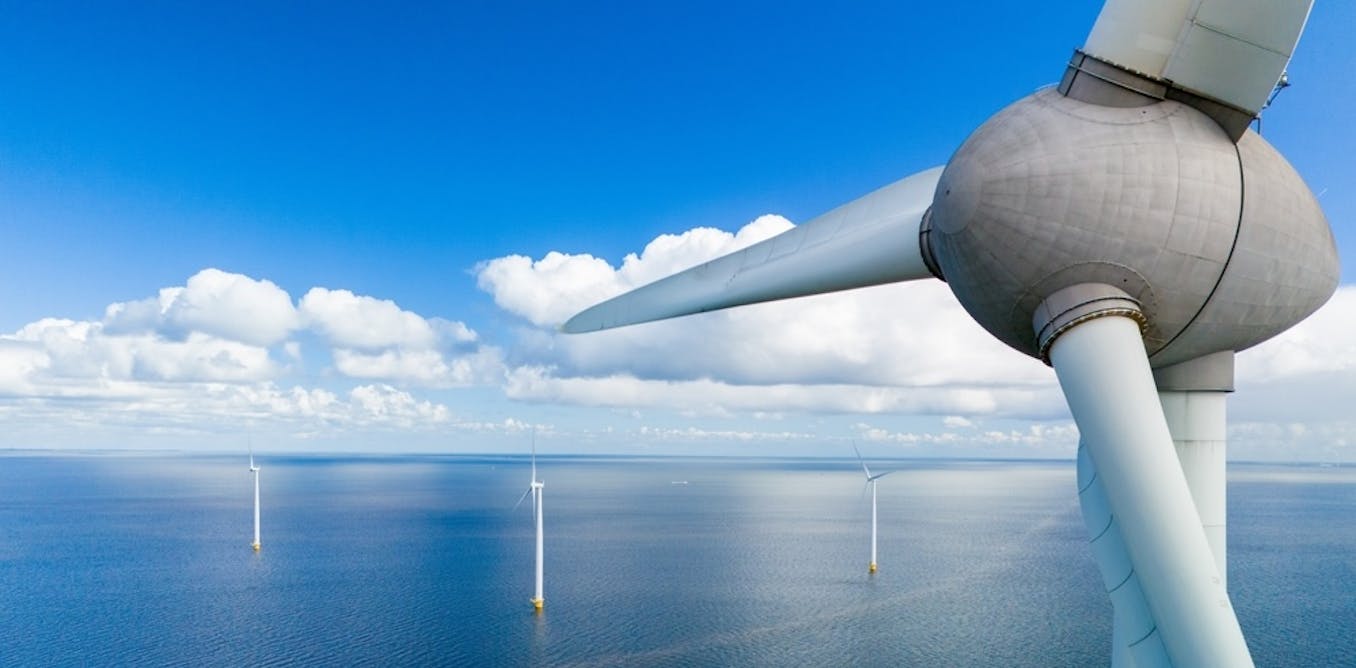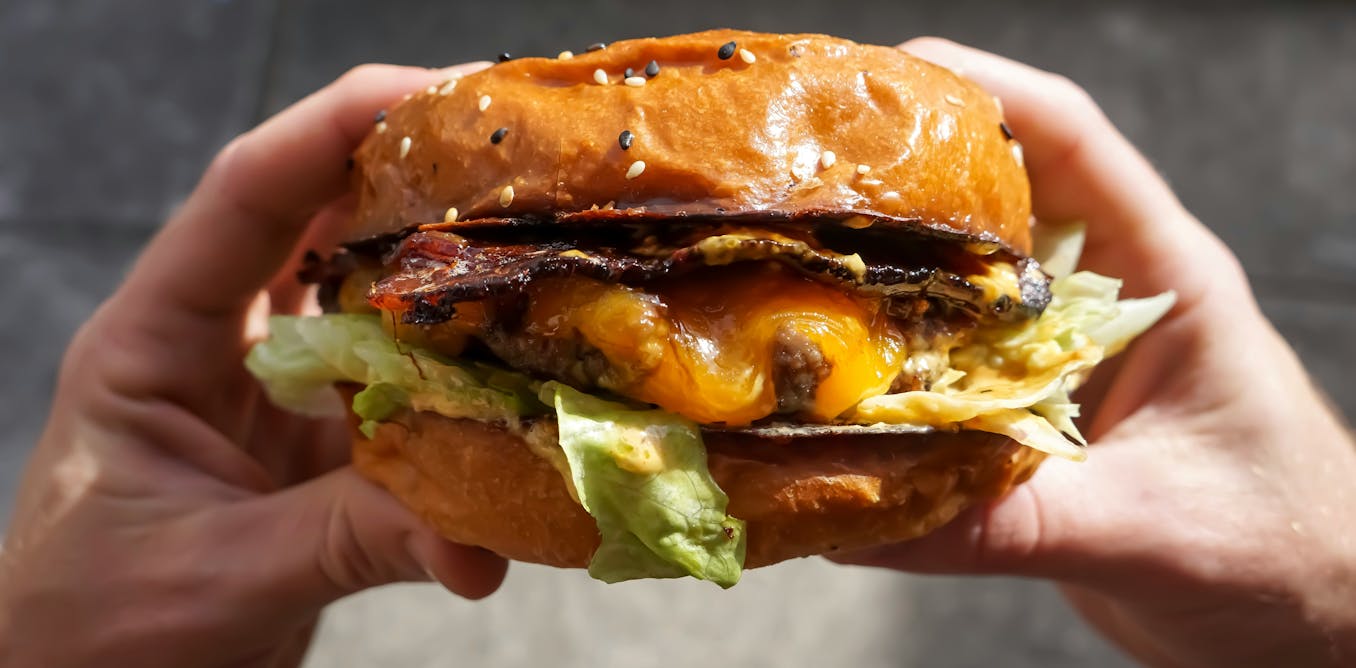The National Geographic video titled “Space Invaders: Solving the Invasive Species Explosion” delves into the pressing issue of human-induced changes to the biosphere, which are causing species to cross ecosystem boundaries in large numbers. The video highlights the importance of curbing the spread of invasive species and emphasizes the need for humans to develop strategies and solutions to mitigate our impact on biodiversity.
The video features interviews with experts discussing the challenges posed by invasive species and the various ways in which these species are disrupting ecosystems. It also sheds light on the impact of invasive species on local communities, highlighting the need for research and forward-thinking strategies to support marine ecosystems and the livelihoods of those who depend on them.
The video also explores the efforts of the Prada Group in supporting ocean conservation, including the SEA BEYOND initiative, which aims to promote ocean literacy and engage preschool kids in educational programs dedicated to ocean conservation.
Overall, the video provides an insightful and thought-provoking look at the pressing issue of invasive species and the urgent need to address this global challenge. Viewers are encouraged to explore more on this topic through National Geographic’s series and specials, as well as to subscribe for a free trial of National Geographic content.
Watch the video by National Geographic
Our ocean supports every living thing on the planet. And yet climate change, overfishing and pollution are threatening marine ecosystems everywhere. To protect them, we need to understand them. Invasive species are disrupting ecosystems across the Mediterranean Sea. For the communities that fish these waters, a centuries-old way of life is changing.
This lagoon in the Adriatic Sea is one of Italy’s most important areas for aquaculture. The community here has fished for clams and mussels for generations. The sea is our life. For three to four generations, we have lived with the sea. I remember one day, my dad was fishing.
I climbed out of the boat and I started feeling with my hands the clams on the seabed. I started screaming Dad! Dad! Come here, there are so many here! Most of the clams have been eaten by the crabs. Over the last few decades, Atlantic blue crabs
Have spread to throughout the eastern Mediterranean Sea, carried in ballast waters or through the Suez Canal. Its numbers have exploded. Do you think that mussels, clams and the blue crab can coexist in the same ecosystem? No. I don’t think so. Either the clams or the blue crabs.
We were among the first to start catching crabs. Because we saw that the selling price was good but now we are seeing that they are destroying the marine fauna. Eight! How much have you lost? I want to say 90 percent, but maybe it’s even more. They have no predator.
The only predator is man. If they have to substitute clams, we have to make them known not just here in Italy, but around the world. We need to quickly understand how blue crabs are affecting Mediterranean ecosystems. One thing we can do is adapt our food culture here in Italy
To create a market for them. I’ve been working here in Venissa for seven seasons. I like to source local products, because it’s more ethical but at the same time to tell something about the place where you cook. I started working with the invasive species in 2019
When the fishermen brought here for the first time blue crabs. It’s very tasty and very sweet. You can create a lot of preparations. Putting blue crab on our menu, it’s trying to influence other people eating this species. We have to support our fishermen. We have to support our community.
This is the first principle behind my job. We can’t eradicate invasive species like the Atlantic blue crabs in the Mediterranean. So we must learn to manage them through research and forward-thinking strategies that support marine ecosystems and communities. Fishing is all we have, it’s how we make a living. I will continue fishing.
My grandfather fished eels, my dad started with mussels and then with the clams. If we have to fish blue crabs, I will be ready. Prada Group has strengthened its partnership with IOC/UNESCO to foster the SEA BEYOND initiative donating one percent of profits from the Prada Re-Nylon collection
To support educational programs dedicated to ocean conservation. SEA BEYOND promotes ocean literacy in schools around the world, including in Italy, where the Kindergarten of the Lagoon engages preschool kids through an outdoor educational program that reconnects them with the Venetian lagoon because they and children everywhere are the future custodians of our seas.
Video “Space Invaders: Solving the Invasive Species Explosion | National Geographic” was uploaded on 02/13/2024. Watch all the latest Videos by National Geographic on Gretopia







